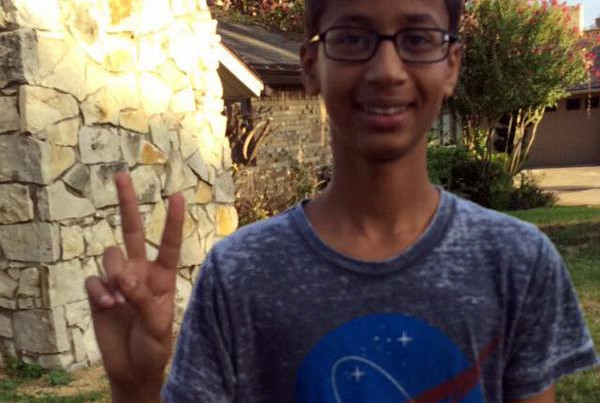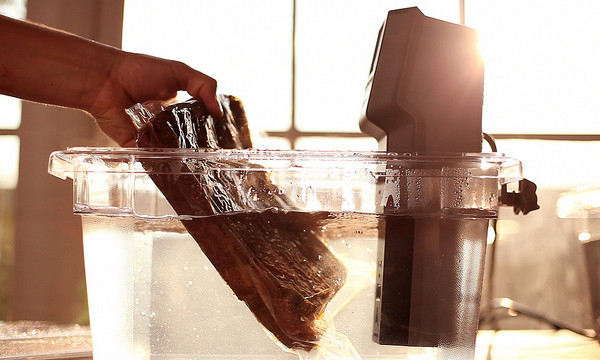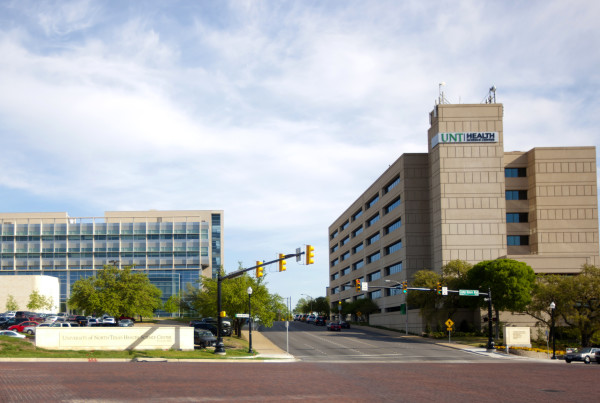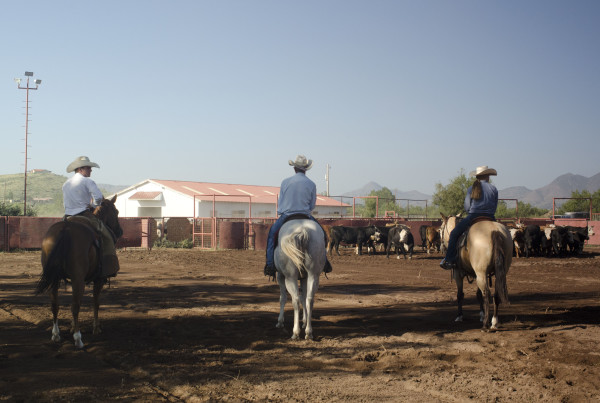The arrest and suspension of Ahmed Mohamed has not cast Irving, Texas in a positive light. As websites like Slate have been quick to note, Irving is the town where members of the city council voted to back a proposed measure to ban Sharia law.
But as the frenzy on social media focuses on what’s been termed Islamophobia, some say there’s something else at work, specifically: zero-tolerance policies. Michael Gilbert is a University of Texas at San Antonio associate professor who researches discipline in schools.
“The assumption is always that there’s harm, or potential harm,” he says.
This approach is fairly simplistic and people get mistreated easily, Gilbert says.
“It kind of absolves the school administrators and teachers from their real true role of thinking critically about the interactions that they’re having with the kids and the nature of the circumstances,” he says.
School districts have considerable discretion if they choose to use it, Gilbert says. Some school districts are moving away from a zero-tolerance policy and focusing more on building relationships with individual students.
“They understand that they’re based on stereotypes and really very simplistic thinking about situations,” Gilbert says.
With Ahmed’s case, Gilbert says the English teacher, who was alarmed by his clock, had little context for the kind of student Ahmed is – interested in tinkering with electronics. The teacher simply assumed it was “the worst-case scenario.”
“We opt for the simplistic approach based on the assumption that it reproduces safety, when in fact it really doesn’t,” he says.
Restorative and community justice strategies have been successful at schools that have moved away from zero-tolerance. Gilbert says relationships in which students and teachers understand each other as people give schools more control over the safety and well being of their students.
“They are people with lives outside of the school and when they come to school the teachers have to be able to see them as people, not just students,” Gilbert says.
















